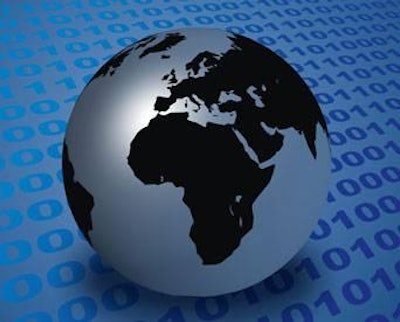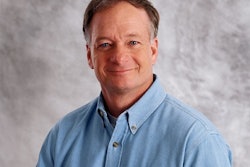
A new "virtual community," where publicly-funded agricultural data will be shared among nations, has been established. The data is there for farmers, scientists and policy makers to access, in hopes of increasing agricultural production and food security.
The partnership was announced as U.S. Agriculture Secretary Tom Vilsack, along with Bill Gates and U.S. Chief Technology Officer Todd Park, kicked off a two-day international open data conference, involving G-8 nations, as well as several African and European nations.
"The digital revolution fueled by open data is starting to do for the modern world of agriculture what the industrial revolution did for agricultural productivity over the past century," Vilsack stated. "Open access to data will help combat food insecurity today while laying the groundwork for a sustainable agricultural system to feed a population that is projected to be more than nine billion by 2050."
The information can be found online at Data.gov, and carries a broad variety subjects that impact agriculture production. Dr. Catherine Woteki, USDA chief scientist, told reporters on April 30, the final day of the conference, that the available information includes agricultural statistics, plant and animal research programs, geological data and weather data.
"We're looking at making this data available to entrepreneurs developing new applications that are going to be meaningful to farmers here in the U.S. as well as in other countries," Woteki said. "We're seeing already applications that are helping farmers to identify specific pests or diseases earlier, and a myriad of other applications that the farmers are going to appreciate," Woteki said.
Woteki said that making the information available to entrepreneurs, extension agents, and government and corporate scientists can lead to new developments that will further move agriculture forward.
"We expect there's going to be a dramatic increase of productivity," she said.
Vilsack said the meeting, held in Washington, was an initial step in a long-term process. He added that numerous topics need to be worked further between G-8 members with partner countries, international organizations, civil society and private sector, such as interoperability of platforms, capacity building to improve access to data, data property, and data confidentiality.



.gif?auto=format%2Ccompress&fit=crop&h=167&q=70&w=250)













